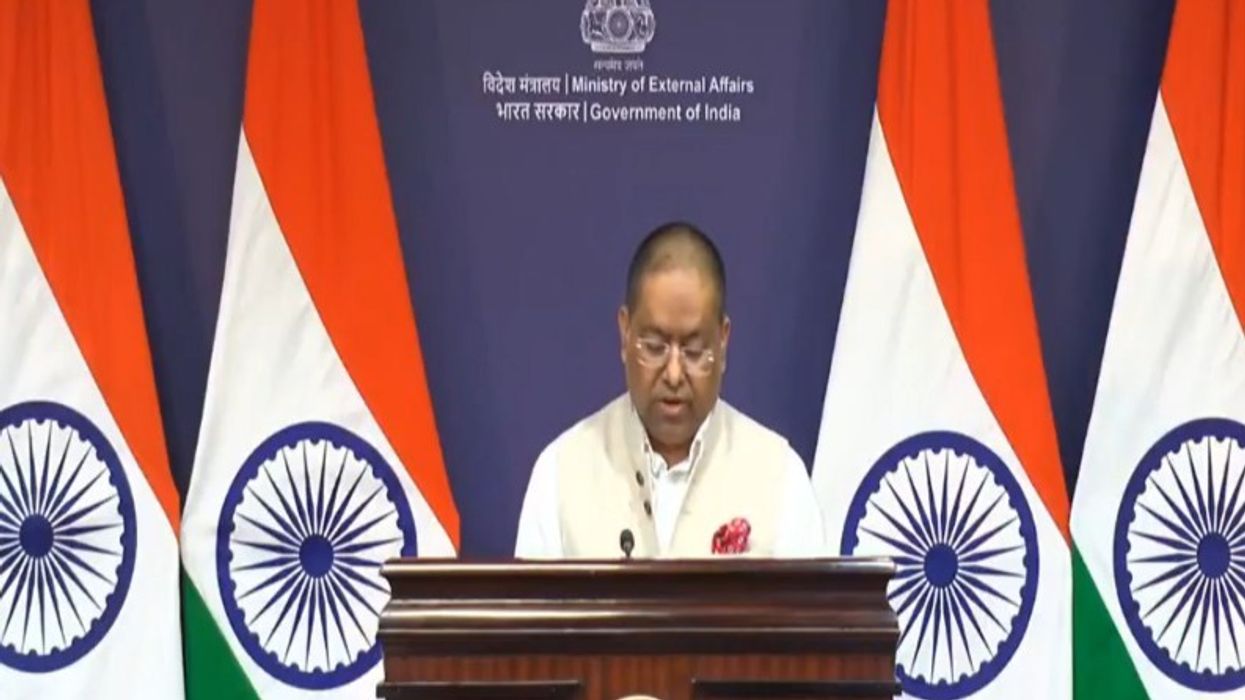THE UNITED STATES has deported 1,563 Indian nationals since January this year, with the latest group arriving last week, India's Ministry of External Affairs (MEA) said on Thursday.
MEA spokesperson Randhir Jaiswal said that most of these individuals were sent back on commercial flights.
“From January 20 to July 16, some 1,563 Indian nationals have been deported from the United States,” Jaiswal said. He added that most of these Indian nationals arrived by commercial flights.
He said that deportations take place only after the nationality of the individuals is confirmed. The US authorities share lists of people to be deported, and the Indian side verifies their nationality, he added.
“People have been coming in batches on commercial flights. Last week also, we had people who came back,” Jaiswal said.
Earlier this year, the deportation of over 300 Indians on three US military flights led to controversy, as women and children were reportedly handcuffed.

